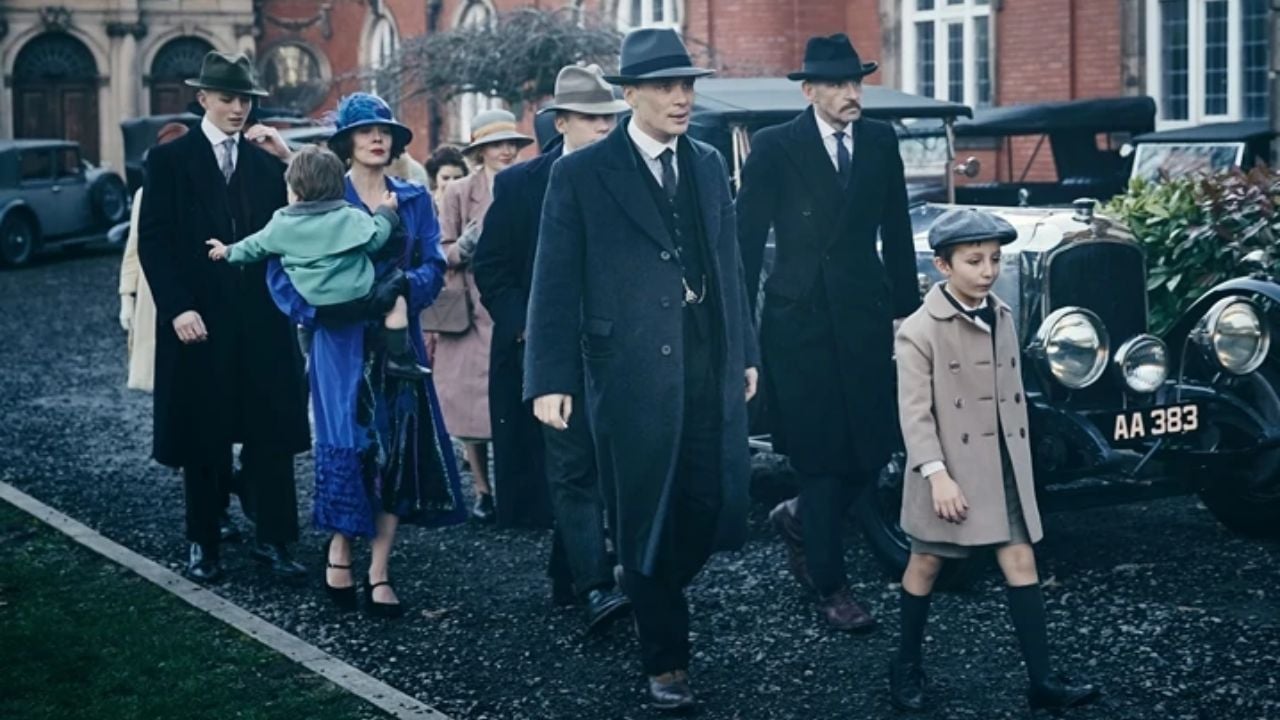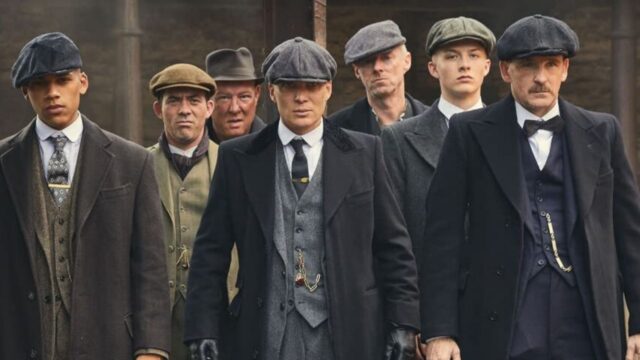Be it Grace’s necklace, Polly’s superstition, or Ruby’s cursed death, Peaky Blinders has sufficiently played into the supernatural aspect of being a gypsy. Many characters, including Tommy, have also been referred to as being one.
But why is that so? What does it even mean?
In Peaky Blinders, the Shelbys and a few other characters are often called “gypsy” which may indicate that they are of Romani descent. However, there have been debates that the term gypsy could also denote being an Irish Traveler.
The gypsy aspect has often been brought into the show via myths, superstitions, or even curses—most of which don’t exist in real life. While they do have unique, cultural practices of their own, most of the gypsy mysticism is actually created by outsiders.
Other than adding some paranormal drama, the use of the name gypsy was also done to make the Shelbys feel inferior. The term “gypsy” is considered derogatory on many fronts, and many characters have used it to insult Tommy for his inferior “mixed-blood” status, by saying he would never be able to achieve his ambitions or even be worthy of them.

But there is still some contention on what kind of gypsies the Shelbys were. Let’s look into it.
Are the Shelbys Romani gypsies or Irish Travelers?
The Shelbys (and Tommy in particular) are believed to be a mix of Romani and Irish Traveler descent. Let me explain it further:
The first thing to remember is that while the show is inspired by the real-life Peaky Blinders, a bunch of things concocted specially for the show simply weren’t true. So while some members may have been Romani gypsies, it wasn’t really a defining feature.
Coming back to the fictional, but more cherished, Peaky Blinders—the show is quite vague about Tommy’s ancestry, and at times, very inconsistent too.
So, Tommy has confirmed that he is a “gypsy” on both sides of his family, but it has also been indicated that his father’s side of the family is Irish.
The term gypsy is usually associated with the Romani community who migrated from India to the Balkans and/or Europe during the early medieval period. In the show, it’s indicated that Tommy’s mother, as well as a few other characters (Esme, Johnny Dogs, and Aberama Gold), are “gypsies,” who are historically supposed to be of Romani descent.
In Season 1, the show did a blunder when they made Tommy speak Romanian as a way to portray his Romani roots. But Romani gypsies don’t speak Romanian, which is the language associated with Romania. Romani and Romania sound similar but are completely different.

Then, there are fan claims that in some episodes, the Shelbys also speak Shelta, which is spoken by Irish Travelers (who are sometimes wrongly referred to as gypsies as well). Since we also know that Tommy’s father is Irish, it could be why the Shelta language was used.
Ultimately, since the show itself doesn’t try to give us clearer details, we can conclude that Tommy is of Romani descent from his mother’s side and Irish (probably Irish Traveler) on his father’s side.
About Peaky Blinders
Peaky Blinders is a British period crime drama television series created by Steven Knight. Set in Birmingham, England, the series follows the exploits of the Shelby crime family and their leader Thomas Shelby (Cillian Murphy) in the direct aftermath of the First World War.
The fictional family is loosely based on a real urban youth gang of the same name, active in the city from the 1890s to the early 20th century. It stars Cillian Murphy, Sam Claflin, Aidan Gillen, Helen McCrory, Paul Anderson, Finn Cole, and Tom Hardy
Netflix, under a deal with Weinstein Company and Endemol, acquired the rights to release the show in the United States and around the world. In January 2021, it was announced that the sixth series would be the last, followed by a spin-off film. The final series was broadcast in 2022.








No Comments on Why are the Shelbys called “gypsy” in Peaky Blinders?